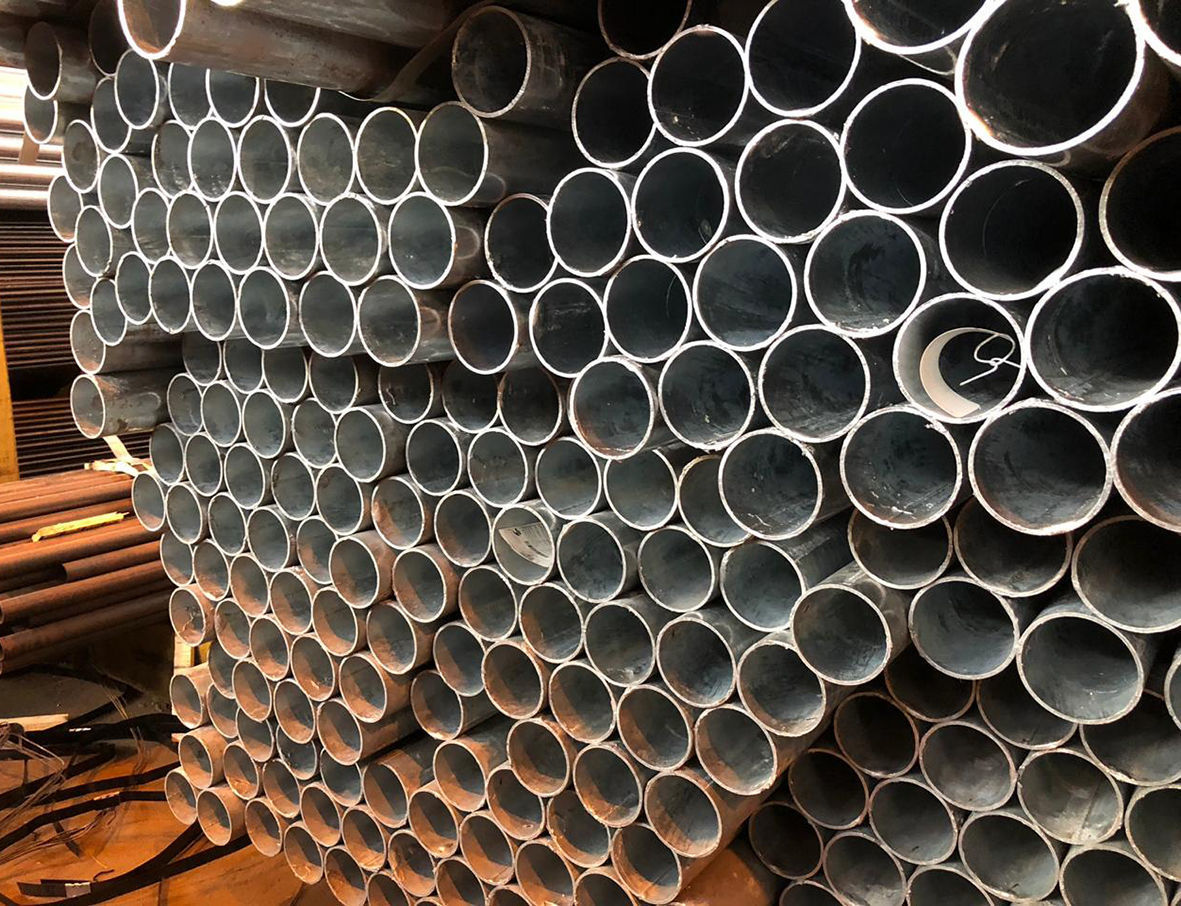Introduction
Electric welded pipes are a crucial component in various industries, including construction, oil and gas, and manufacturing. These pipes play a vital role in ensuring strong and durable connections within different systems. With their unique properties and manufacturing process, electric welded pipes offer numerous advantages over other types of pipes. In this article, we will explore the benefits of electric welded pipes and how they ensure strong and durable connections in various applications.
The Basics of Electric Welded Pipes
Electric welded pipes are manufactured through a process called electric resistance welding (ERW). This process involves the formation of a weld by applying an electric current through the edges of two steel sheets or coils. The heat generated by the electric current melts the edges together, creating a seamless bond.
Advantages of Electric Welded Pipes
Electric welded pipes offer several advantages that make them an ideal choice for many applications:
Cost-effective: Electric welded pipes are generally more affordable compared to seamless pipes, making them a cost-effective option for various projects.
Versatility: These pipes can be produced in a wide range of sizes, shapes, and thicknesses to meet specific requirements.
Strength: The welding process creates a strong bond between the edges of the steel sheets, resulting in high strength and durability.
Ease of installation: Electric welded pipes are relatively easy to install due to their uniform shape and standardized dimensions.

Resistance to corrosion: Electric welded pipes can be coated with protective materials to enhance their resistance to corrosion, extending their lifespan.
Suitability for high-pressure applications: The strong weld created during the manufacturing process allows electric welded pipes to withstand high pressure without leaking or failing.
How Electric Welded Pipes Ensure Strong Connections
Electric welded pipes offer several features that contribute to their ability to ensure strong connections within various systems.
1. Seamless Welding
The electric resistance welding process used to manufacture electric welded pipes results in a seamless weld. This seamless bond provides a continuous path for the flow of fluids or gases, reducing the risk of leaks or weak points in the system. The absence of joints also eliminates the possibility of corrosion occurring at these vulnerable areas.
2. High Strength and Durability
Electric welded pipes are known for their high strength and durability. The welding process creates a strong bond between the edges of the steel sheets, resulting in a pipe that can withstand significant pressure and stress. This strength ensures http://news-metal-rolling-in-ukraine-zhgd939.iamarrows.com/trubi-elektrozvaruvalni-osoblivosti-vstanovlenna-v-umovah-obmezenogo-prostoru that connections made with electric welded pipes remain intact even under challenging conditions.
3. Uniform Wall Thickness
Electric welded pipes have a uniform wall thickness throughout their length, ensuring consistent performance and reliability. This uniformity eliminates weak spots that may occur in pipes with varying wall thicknesses, reducing the risk of failure or leakage.
4. Compatibility with Various Materials
Electric welded pipes can be manufactured using different grades of steel, allowing them to be compatible with various materials and substances. Whether it is water, gas, oil, or chemicals, electric welded pipes offer reliable connections that can handle different types of fluids and substances without compromising their integrity.
5. Flexibility in Design and Size
One of the significant advantages of electric welded pipes is their flexibility in design and size. These pipes can be customized to meet specific project requirements, allowing for precise connections in complex systems. Whether it is a large-scale construction project or a small industrial application, electric welded pipes can be tailored to fit seamlessly into the overall design.
FAQs about Electric Welded Pipes
Are electric welded pipes suitable for underground applications? Yes, electric welded pipes are commonly used for underground applications due to their strength, durability, and resistance to corrosion.
Can electric welded pipes be used for high-temperature applications? Yes, electric welded pipes can be manufactured using materials that can withstand high temperatures, making them suitable for high-temperature applications.
Do electric welded pipes require additional protection against corrosion? While electric welded pipes have inherent resistance to corrosion, they can be coated with protective materials or lined with corrosion-resistant substances for added protection in corrosive environments.
Are electric welded pipes more cost-effective than seamless pipes? Yes, electric welded pipes are generally more cost-effective compared to seamless pipes due to the simpler manufacturing process involved.
Can electric welded pipes be recycled? Yes, electric welded pipes are highly recyclable and can be reused in various industries after their lifespan.
What industries commonly use electric welded pipes? Electric welded pipes are widely used in industries such as construction, oil and gas, water treatment, manufacturing, and plumbing.
Conclusion
Electric welded pipes play a crucial role in ensuring strong and durable connections within various systems. With their seamless welding, high strength and durability, uniform wall thickness, compatibility with different materials, and flexibility in design and size, these pipes offer numerous advantages over other types of piping solutions. Whether it is in construction projects or industrial applications, electric welded pipes provide reliable connections that withstand the test of time. By choosing electric welded pipes, you can ensure the longevity and integrity of your systems while enjoying the benefits of cost-effectiveness and ease of installation.